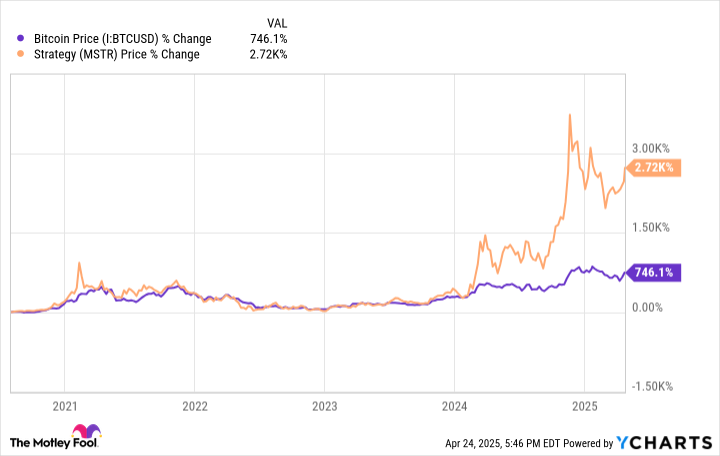Decentralized Disruptors: How Crypto Lending Is Reshaping Financial Landscapes

In a promising sign for the crypto lending ecosystem, a recent report from Galaxy reveals that borrowers are increasingly turning to decentralized platforms following the dramatic collapse of centralized lending services in 2022. This shift demonstrates growing confidence in the transparency and resilience of decentralized finance (DeFi) solutions.
The Galaxy report highlights a significant trend: investors and borrowers are seeking more robust and trustless lending environments after experiencing the vulnerabilities of centralized platforms. The crypto community's resilience is evident in its ability to adapt and pivot towards more secure, blockchain-based lending mechanisms that offer greater accountability and reduced counterparty risk.
As the digital finance landscape continues to evolve, this migration towards decentralized lending platforms signals a potential turning point in how cryptocurrency users approach financial services, prioritizing transparency, security, and user empowerment.








